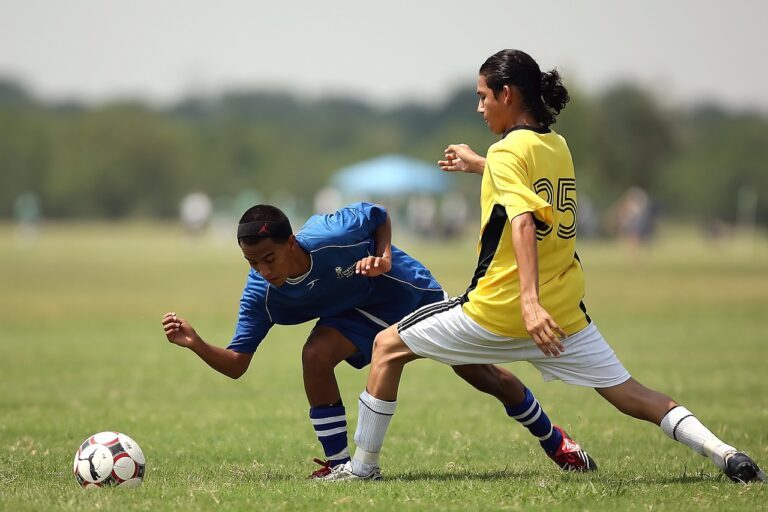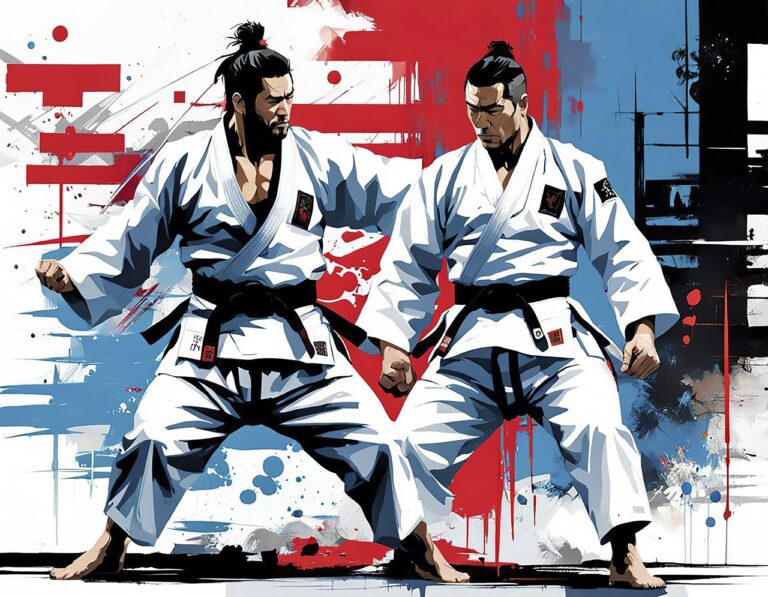Cricket and Sports Diplomacy: Using Sporting Events to Foster International Cooperation and Understanding
World777, 99exch: Sports have long served as a universal language capable of crossing cultural and political barriers. Through the shared love of sports, nations come together on a global stage, fostering camaraderie and goodwill among diverse populations. Whether it is the FIFA World Cup uniting millions in celebration or the Olympics promoting peace and understanding, sports have a unique ability to transcend differences and promote unity.
One of the most impactful aspects of sports in bringing nations together is the ability to focus on common goals and achievements rather than divisions. When athletes from different countries compete in the spirit of sportsmanship, they showcase the positive potential of international collaboration. By emphasizing teamwork, perseverance, and respect, sports create a platform for diplomacy that goes beyond traditional political channels.
Historical Examples of Sports Diplomacy Success
In 1971, ping-pong diplomacy between the United States and China marked a significant shift in their relations. The exchange of table tennis players led to an eventual thaw in tensions between the two countries, culminating in President Nixon’s visit to China in 1972. This sporting event acted as a catalyst for diplomatic discussions and laid the groundwork for future collaborations.
Another notable example of sports diplomacy success is the joint Korean team at the 2018 Winter Olympics. Despite ongoing political tensions and a long history of division, North and South Korea came together to compete as one team in certain events. This symbolic gesture not only promoted peace on the Korean Peninsula but also captured the world’s attention, showcasing the unifying power of sports on a global stage.
• Ping-pong diplomacy in 1971 led to improved relations between the US and China
• President Nixon’s visit to China in 1972 was a direct result of this sports exchange
• The joint Korean team at the 2018 Winter Olympics symbolized peace and unity on the Korean Peninsula
• Despite political tensions, North and South Korea competed together as one team in certain events
• This gesture not only promoted peace but also garnered international attention for its unifying message
How Sporting Events Can Bridge Cultural Divides
Sports have the remarkable ability to transcend cultural boundaries and foster connections between people from diverse backgrounds. Through the universal language of sports, individuals can find common ground and build relationships based on mutual respect and shared interests. Sporting events provide a platform where people can come together, celebrate achievements, and appreciate the talents of athletes, regardless of their cultural differences.
The power of sports in bridging cultural divides lies in its ability to promote understanding, empathy, and unity among people from various parts of the world. Watching athletes compete in a spirit of sportsmanship can inspire a sense of camaraderie and bring communities together in a way that transcends language, nationality, and beliefs. In a world where cultural divides often create barriers between individuals, sporting events serve as a means to break down stereotypes, foster dialogue, and promote mutual understanding.
Can sporting events really bridge cultural divides?
Yes, sporting events have a unique ability to bring people from different backgrounds, cultures, and nations together in a spirit of camaraderie and competition.
How have sports been used in diplomacy?
Sports have been used as a tool for diplomacy to improve international relations, resolve conflicts, and promote peace between nations.
Can you provide examples of successful sports diplomacy?
Yes, some historical examples include the Ping Pong Diplomacy between the US and China in the 1970s, the Olympic Games fostering peace during times of conflict, and the FIFA World Cup uniting nations through a shared love of soccer.
What role do athletes play in bridging cultural divides?
Athletes serve as ambassadors for their countries and often act as cultural bridges, showcasing their talents and sportsmanship on a global stage to foster understanding and unity.
How can individuals contribute to bridging cultural divides through sports?
Individuals can support diversity and inclusion in sports, participate in international sporting events, engage in friendly competitions with people from different cultures, and use sports as a platform for promoting cross-cultural understanding and respect.







